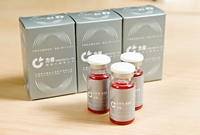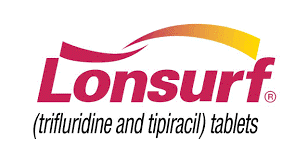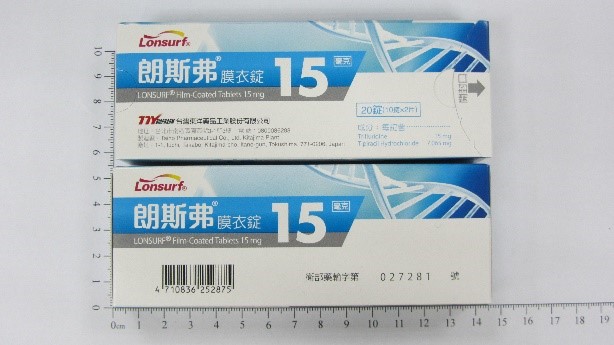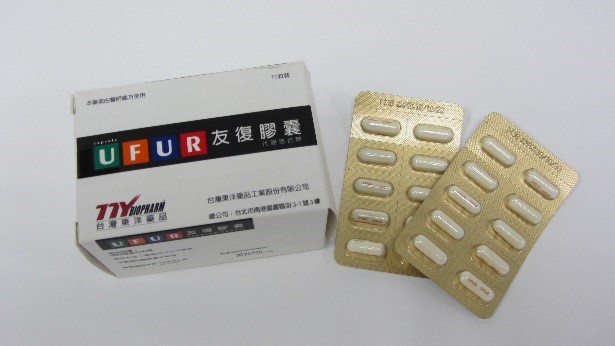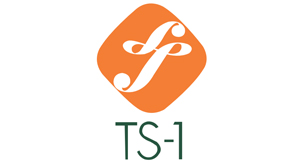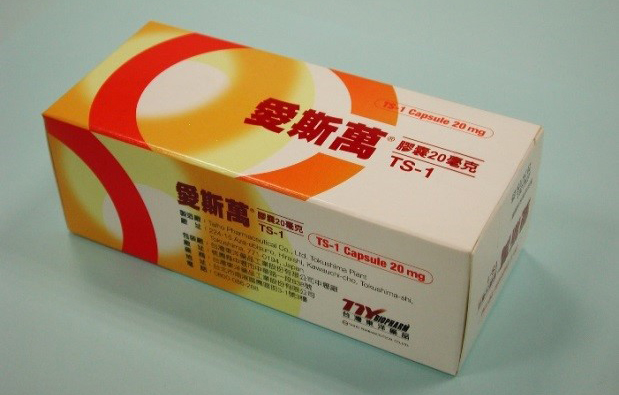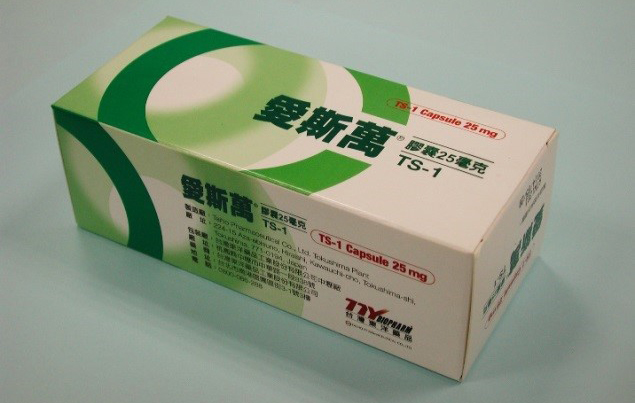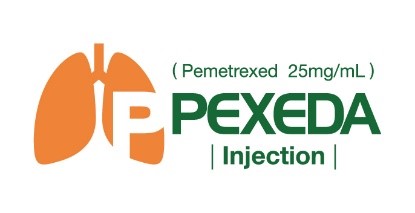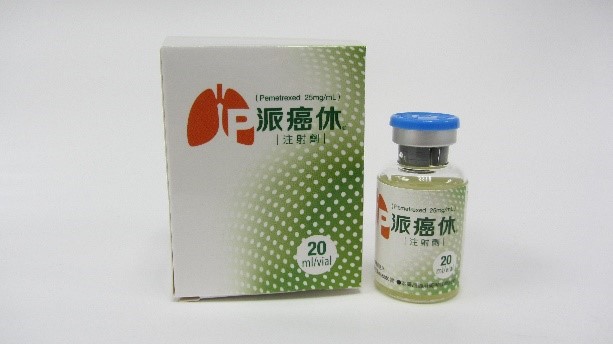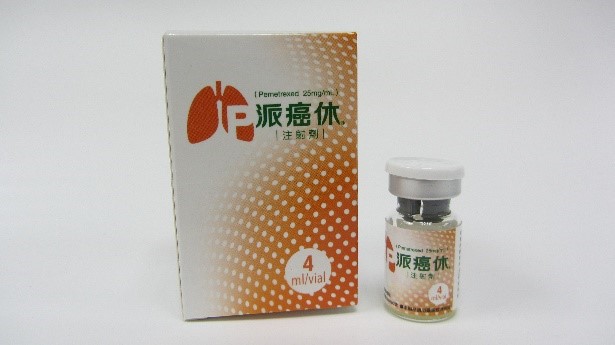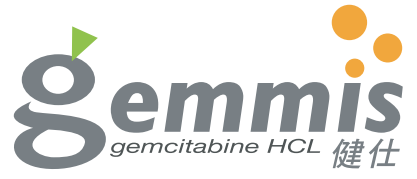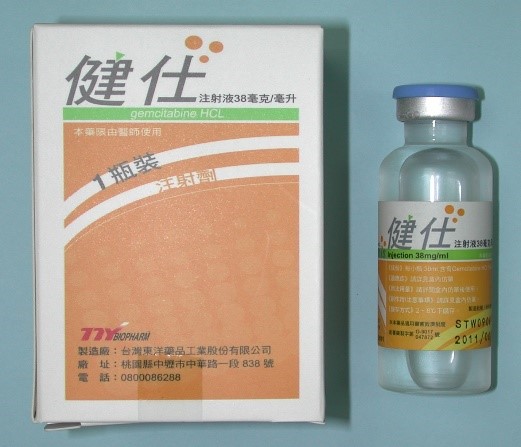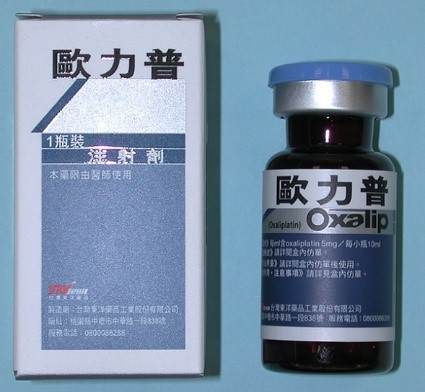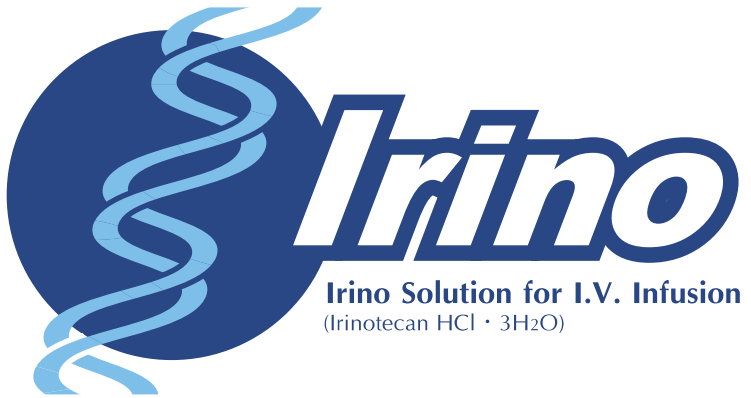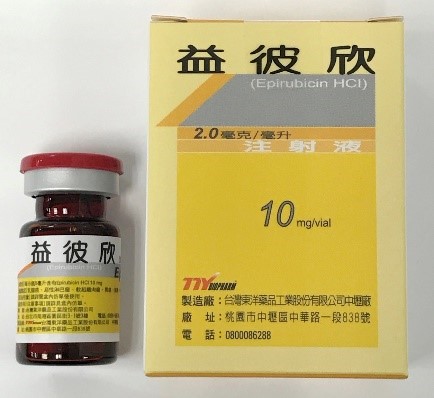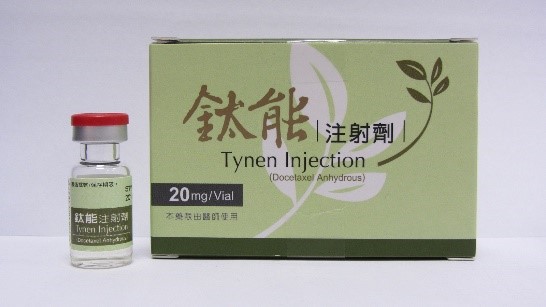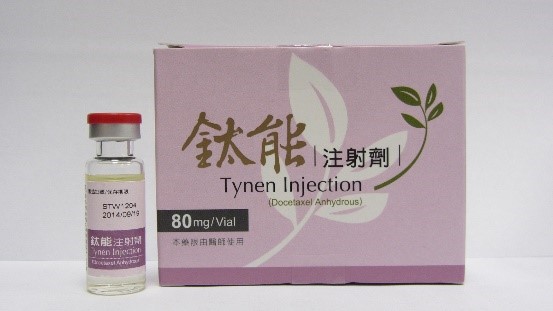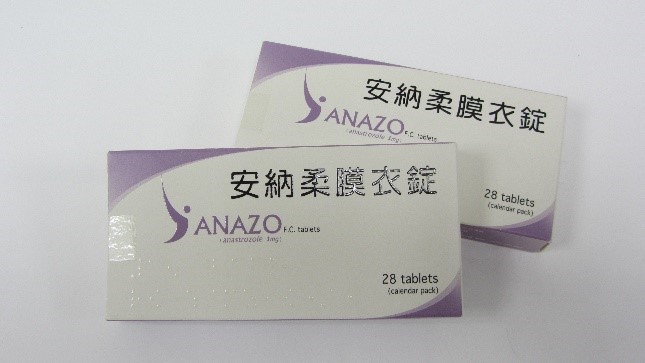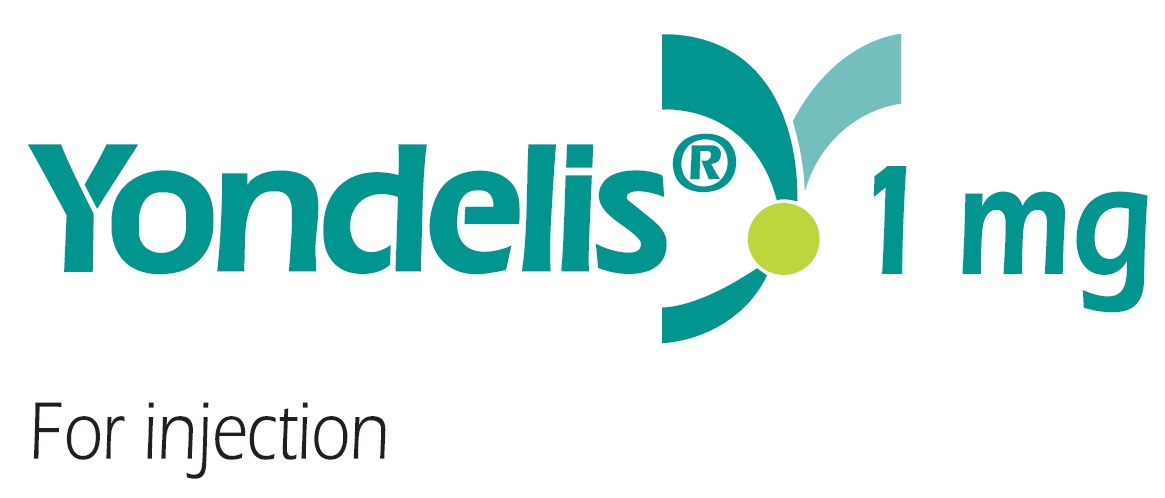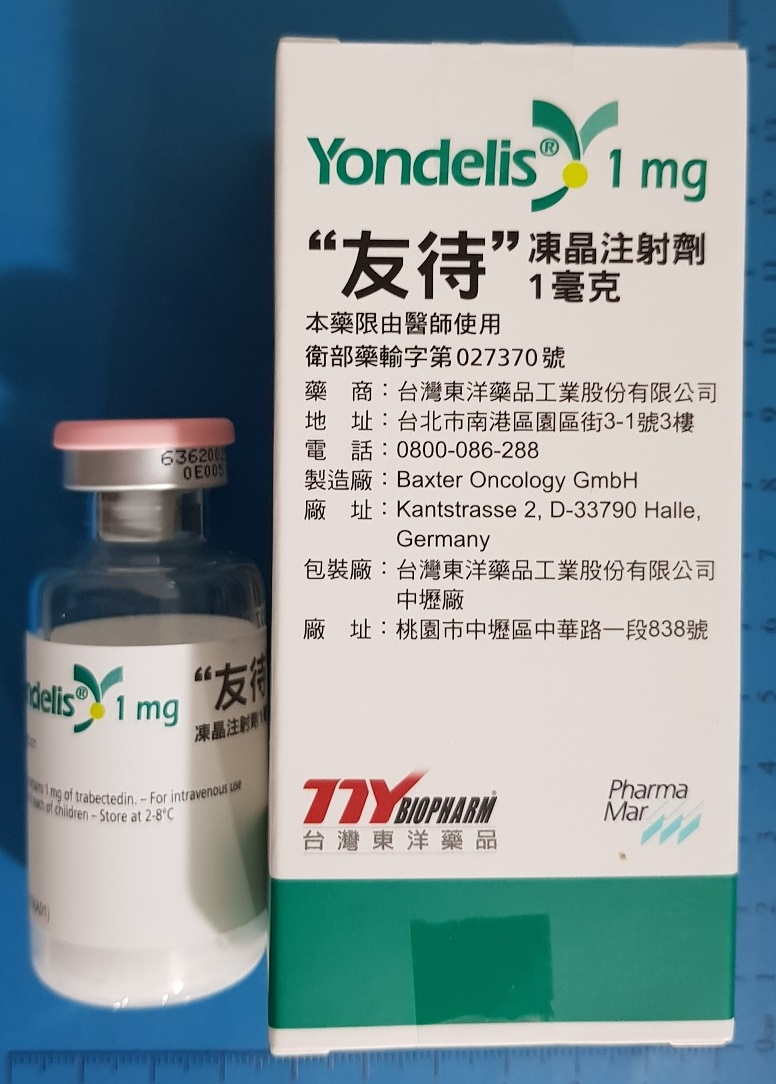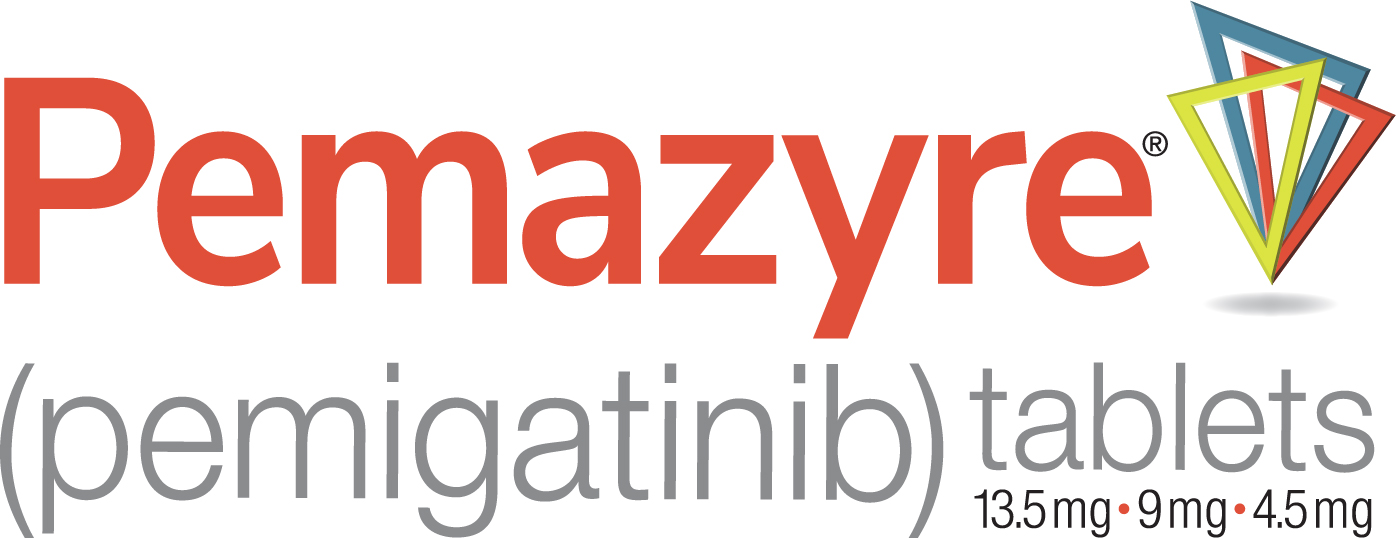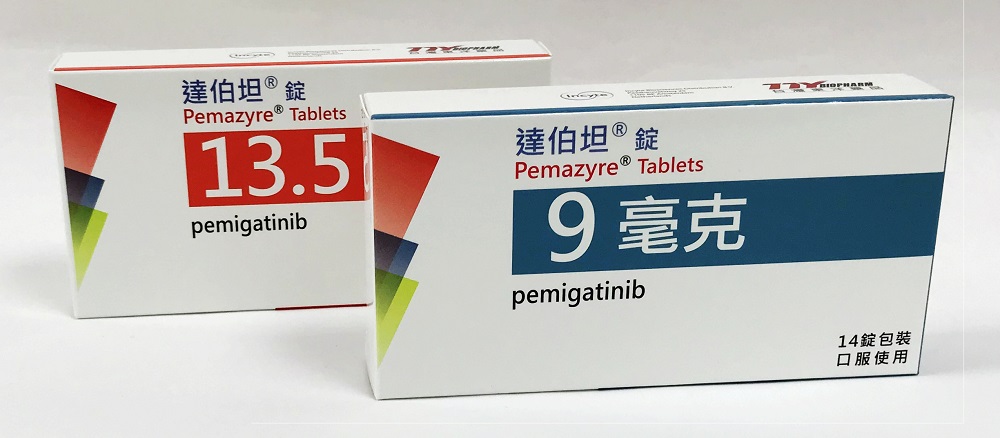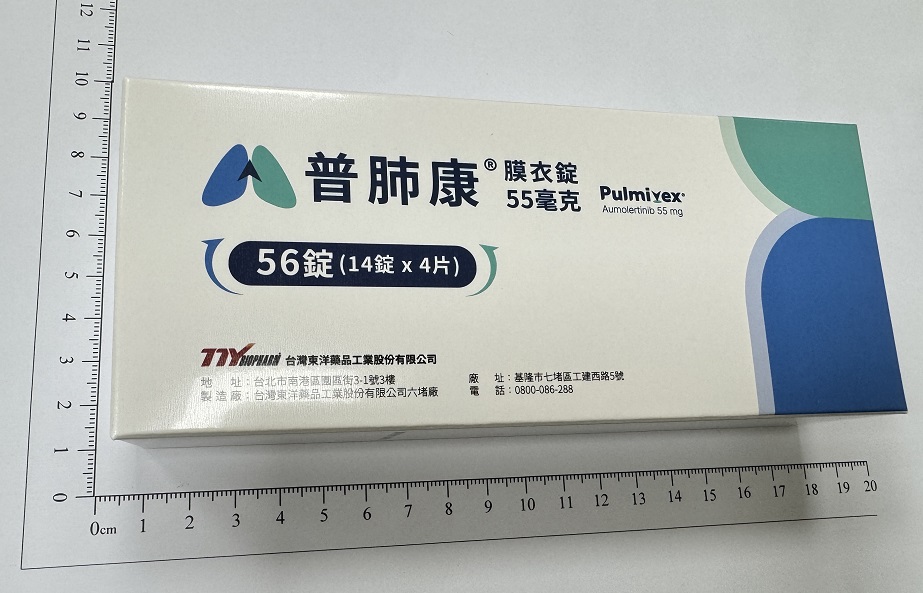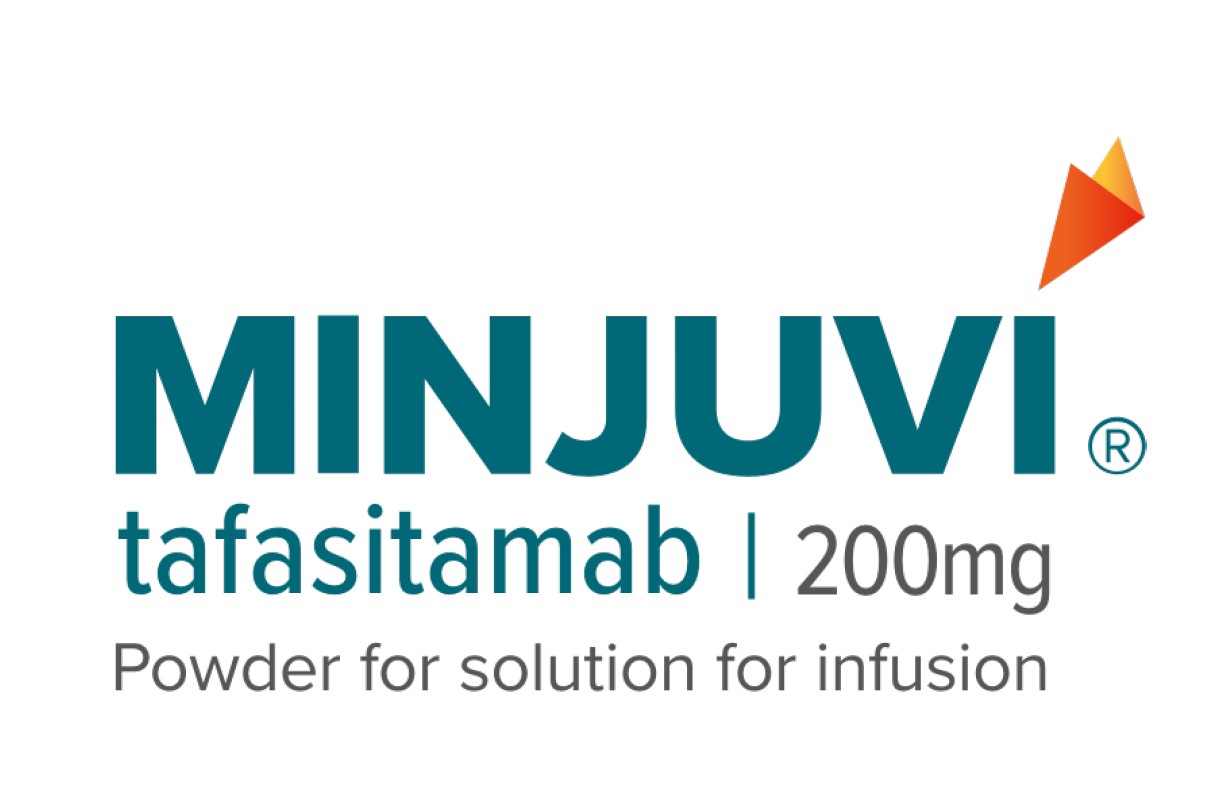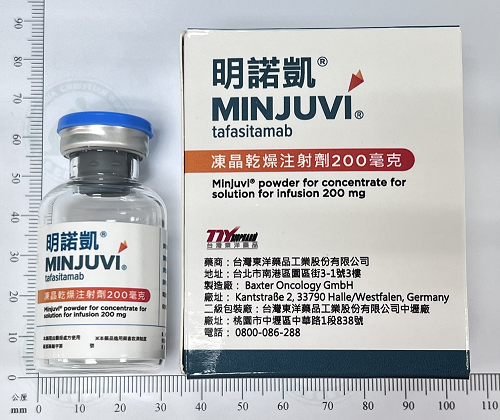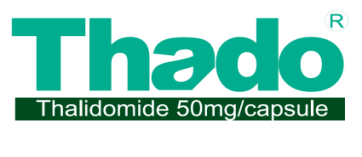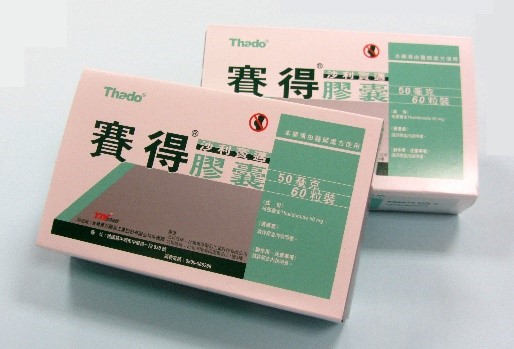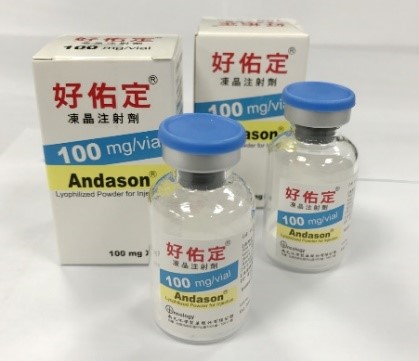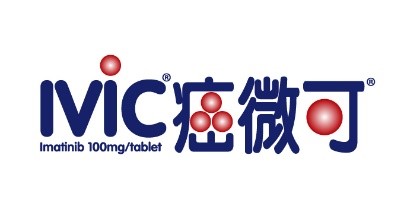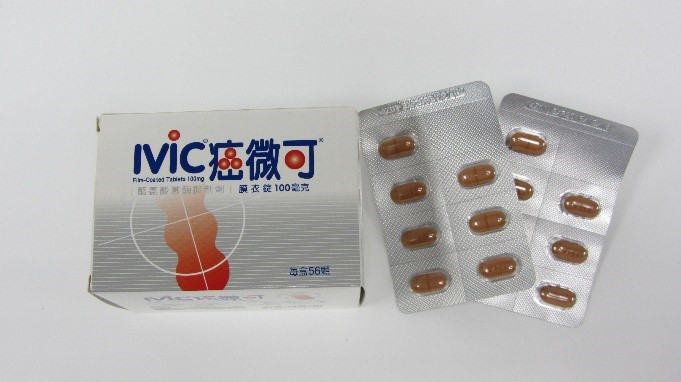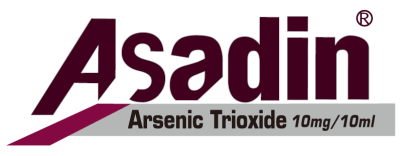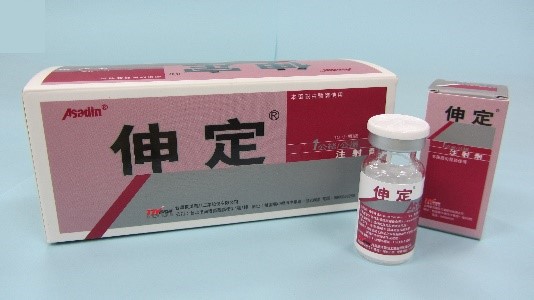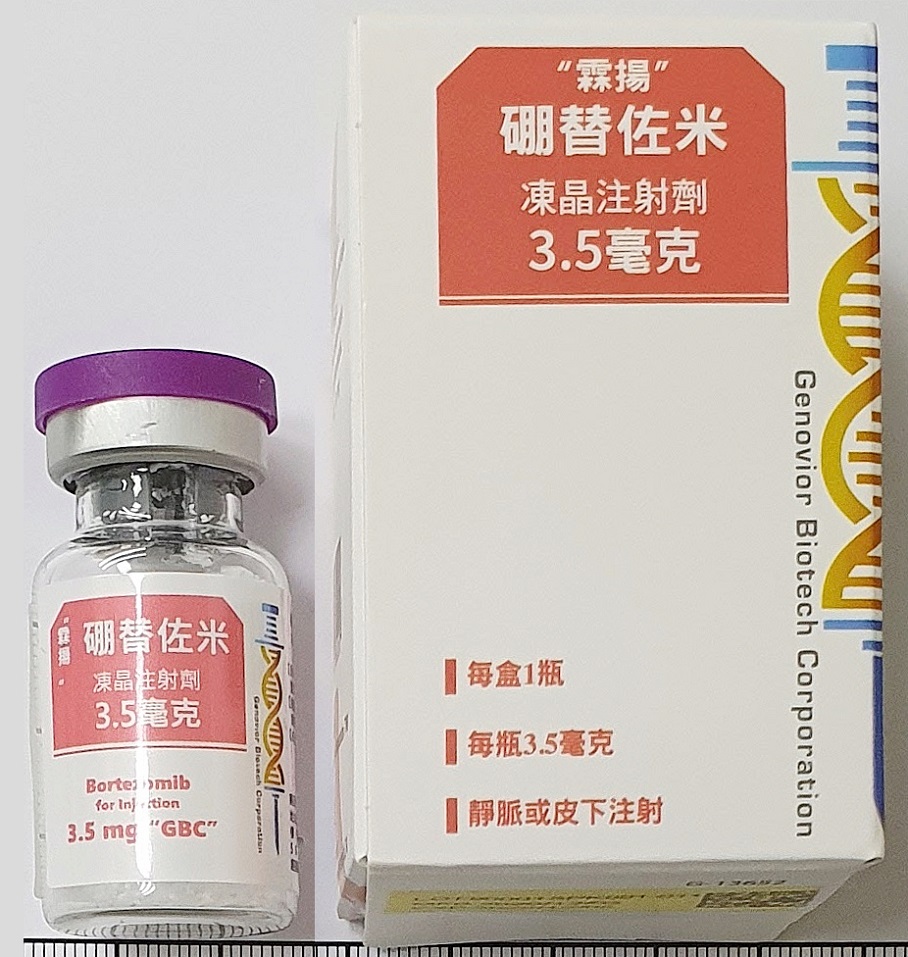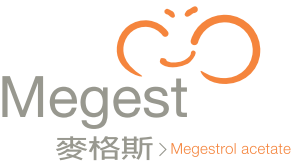
Lipo-Dox
download- For the treatment of AIDS-related Kaposi’s sarcoma in patients with low CD4 (<200 CD4 lymphocytes/mm³) and diseases in mucosa, skin and internal organs.
- For treatment of advanced, recurrent, or metastatic ovarian cancer in women who have failed first-line platinum-based chemotherapy treatment.
- As monotherapy for patients with metastatic breast cancer, where there is an increased cardiac risk.
- In combination with bortezomib for the treatment of progressive multiple myeloma in patients who have received at least one prior therapy and who have already undergone or are unsuitable for bone marrow transplant.
Lonsurf
15mg download 20mg downloadLONSURF is indicated for the treatment of patients with metastatic colorectal cancer who have been previously treated with fluoropyrimidine-, oxaliplatin- and irinotecan-based chemotherapy, an anti-VEGF biological therapy, and if RAS wild-type, an anti-EGFR therapy.
UFUR
downloadGastric cancer, colorectal cancer, breast cancer, combination with cisplatin for metastatic and advanced lung cancer, head & neck cancer, and adjuvant treatment for T2 stage IB lung adenocarcinoma.
TS-1
20mg download 25mg download- For adjuvant chemotherapy treatment of TNM Stage II (exclude T1), IIIA, IIIB gastric cancer in adult patients undergone radical resection. For treatment of unresectable advanced gastric cancer.
- For treatment of locally advanced and metastatic pancreatic cancer patients.
- In combination with Irinotecan for treatment of oxaliplatin treatment failure metastatic colorectal cancer patients.
- For the treatment of previously platinum chemotherapy treated locally advanced and metastatic non-small cell lung cancer.
Pexeda
download- Pexeda in combination with cisplatin is indicated for initial treatment of locally advanced or metastatic non-squamous non-small cell lung cancer.
- Pexeda is indicated for maintenance treatment of locally advanced or metastatic non-squamous non-small cell lung cancer patients whose disease has not progressed after four cycles of platinum-based first-line chemotherapy.
- Pexeda as a single agent is indicated for second line metastatic non-squamous non-small cell lung cancer treatment.
- Pexeda in combination with cisplatin is indicated for treatment of mesothelioma.
Gemmis
downloadGemmis is indicated for the treatment of non-small cell lung cancer, pancreatic cancer, bladder cancer and biliary tract cancer. Gemmis is indicated in combination with paclitaxel for anthracycline-treated failure locally-recurred inoperable breast cancer or metastatic breast cancer after failure of prior anthracycline-containing adjuvant or metastatic chemotherapy. Gemmis is indicated in combination with carboplatin, for the treatment of advanced ovarian cancer that has relapsed at least 6 months after completion of platinum- based therapy. Biliary tract cancer.
Oxalip
download- In combination with 5-fluorouracil (5-FU) and folinic acid (FA) is indicated for:
1. Adjuvant treatment of stage III (Duke's C) colon cancer after complete resection of primary tumor.
2. Treatment of metastatic colorectal cancer. - Oxaliplatin in combination with fluoropyrimidine is indicated for the treatment of locally advanced and recurrent/metastatic gastric cancer.
- In combination with 5 fluorouracil, leucovorin and irinotecan (FOLFIRINOX) as the first-line treatment for metastatic pancreatic cancer.
Irino
downloadIrino is indicated for the treatment of patients with advanced colorectal cancer:
1. In combination with 5-fluorouracil and folinic acid in patients without prior chemotherapy for advanced disease.
2. As a single agent in patients who have failed an established 5-fluorouracil containing treatment regimen.
3. In combination with cetuximab, it is used to treat patients with KRAS wild-type metastatic colorectal cancer who have failed cytotoxic therapy with irinotecan and have epithelial growth factor receptor (EGFR) phenotype. (See Pharmacodynamic Properties)
4. In combination with 5 fluorouracil, folinic acid, and bevacizumab as the first-line treatment for patients with metastatic colorectal or rectal cancer.
5. In combination treatment with capecitabine as first-line treatment for patients with metastatic colorectal cancer.
6. In combination with 5-fluorouracil, leucovorin, and oxaliplatin (FOLFIRINOX) as the first-line treatment for metastatic pancreatic cancer.
7. For patients with unresectable locally advanced and recurrent/metastatic gastric cancer.
Epicin
downloadMammary carcinoma, malignant lymphoma, soft tissue sarcoma, and gastric, lung and ovarian carcinomas.
Tynen
downloadBreast cancer, non-small cell lung cancer, prostate cancer, head and neck cancer, gastric adenocarcinoma.
Anazo
download- Treatment of advanced breast cancer in postmenopausal women. Efficacy has not been demonstrated in estrogen receptor negative patients unless they had a previous positive clinical response to tamoxifen.
- Adjuvant treatment of postmenopausal women with hormone receptor positive early invasive breast cancer.
- Adjuvant treatment of early breast cancer in hormone receptor positive postmenopausal women who have received 2 to 3 years of adjuvant tamoxifen.
Folina
downloadTo diminish the toxicity and counteract the effect of unintentional over dosage of folic acid antagonist. To treat Folate deficient megaloblastic anemias of infancy, pregnancy, sprue, and nutritional deficiencies.
Yondelis
downloadFor the treatment of patients with unresectable or metastatic liposarcoma (liposarcoma) or leiomyosarcoma (leiomyosarcoma) who have received a course of treatment containing anthracycline.
Pemazyre
downloadFor adults with locally advanced or metastatic cholangiocarcinoma who have received systemic drug therapy and whose tumor has FGFR2 fusions or rearrangements, unresectable condition.
Fustron
download- Treatment of postmenopausal women with estrogen receptor-positive locally advanced or metastatic breast cancer who have received adjuvant anti-estrogenic therapy but whose disease has relapsed, or who have used anti-estrogenic therapy but whose disease has worsened.
- For patients with locally advanced or metastatic breast cancer who are hormone receptor-positive and HER2-negative, this product can be used in combination with palbociclib for patients who have previously received endocrine therapy.
- Abemaciclib can be used to treat women with advanced or metastatic breast cancer who are hormone receptor (HR) positive, type II human epidermal genic receptor (HER2) negative, and whose disease has worsened after receiving endocrine therapy.
Pulmivex
download- First-line treatment for adult patients with locally advanced or metastatic non-small cell lung cancer (NSCLC) with epidermal growth factor receptor (EGFR) exon 19 deletion or exon 21 (L858R) mutation.
- It is indicated for the treatment of adult patients with locally invasive or metastatic NSCLC who have an EGFR T790M gene mutation.
Minjuvi
downloadTreatment of adult patients with relapsed or refractory diffuse large B-cell lymphoma (DLBCL) who are ineligible for autologous stem cell transplantation (ASCT) when used in combination with lenalidomide or as a single agent.
Thado
MM download ENL download- Newly Diagnosed Multiple Myeloma: Thalidomide should be used in combination with prednisolone and oral melphalan, or with bone marrow transplant. Or be combined with pamidronate in patients after bone marrow transplant.
- Approved for treatment of moderate to severe cutaneous (ENL); not indicated as monotherapy for ENL with moderate to severe neuritis.
Andason
downloadIndicated for the treatment of patients with high risk myelodysplastic syndrome: refractory anemia with excess blasts (RAEB), refractory anemia with excess blasts in transformation (RAEB-T), and chronic myelomonocytic leukemia (CMMoL).
Ivic
download- Patients with chronic myeloid leukemia (CML) in blast crisis (BC), accelerated phase (AP), or in chronic phase after failure of interferon-alpha therapy.
- Adult patients with unresectable or metastatic malignant gastrointestinal stromal tumors.
- Newly diagnosed patients with chronic myeloid leukemia (CML).
- Newly diagnosed adult or pediatric patients with Philadelphia chromosome positive acute lymphoblastic leukemia (Ph+ALL), in combination with chemotherapy.
- Adult patients with relapsed or refractory Philadelphia chromosome positive acute lymphoblastic leukemia (Ph+ALL), used as single agent therapy.
- Adult patients with myelodysplastic/ myeloproliferative diseases (MDS/MPD) associated with PDGFR (platelet-derived growth factor receptor) gene re-arrangements.
- Adult patients with systemic mastocytosis (SM) associated with FIP1L1-PDGFR fusion gene mutation and without the D816V c-Kit gene mutation.
- Adult patients with hypereosinophilic syndrome (HES) and/or chronic eosinophilic leukemia (CEL) associated with PDGFR (platelet-derived growth factor receptor) gene re-arrangements.
- Adult patients with KIT (CD117) positive gastrointestinal stromal tumors (GIST), as post-operative adjuvant therapy after complete gross resection.
- Adult patients with unresectable, recurrent and/or metastatic dermatofibrosarcoma protuberans (DFSP) associated with PDGFR (platelet-derived growth factor receptor) gene re-arrangements.
Asadin
downloadArsenic trioxide is indicated for the induction of remission and consolidation of acute promyelocytic leukemia characterized by t (15,17) translocation or PML/RAR-alpha gene expression, in patients who are refractory to or have relapsed from retinoid and anthracycline chemotherapy.
The effect of Trioxide on other acute myeloid leukemias has not been studied.
Leavdo
5_10 download 15_25 download1. Lenalidomide in combination with dexamethasone is indicated for the treatment of patients with multiple myeloma who are not eligible for autologous stem cell transplantation (ASCT).
2. To be used in combination with dexamethasone for the treatment of multiple myeloma (MM) patients who have received at least one prior therapy.
Bortezomib
download1. Used in combination with other cancer treatment drugs for untreated multiple myeloma (MM) patients and who have received at least one treatment modality or patients with advanced multiple myeloid cancer who are not suitable for bone marrow transplantation.
2. For Mantle Cell Lymphoma (MCL) patients.
Xpovio
download1. Multiple Myeloma
• In combination with bortezomib and dexamethasone, it can be used to treat adult patients with multiple myeloma who have previously received at least one therapy.
• In combination with dexamethasone, it can be used to treat adult patients with relapsed or refractory multiple myeloma (RRMM); the patient must have previously received at least 4 lines of therapy, including more than 2 proteasome inhibitors, more than 2 immunomodulatory agents, and 1 anti-CD38 monoclonal antibody, all of which have failed.
2. Diffuse large B-cell lymphoma (DLBCL)
• Adult patients with various relapsed or refractory diffuse large B-cell lymphomas (including DLBCL transformed from follicular lymphoma) who have previously received at least two lines of drug therapy.
Painkyl
download download download download downloadPainkyl is an opioid analgesic indicated for the management of breakthrough pain in cancer patients 18 years of age and older who are already receiving and who are tolerant to opioid therapy for their underlying persistent cancer pain.
Patients considered opioid tolerant are those who are taking at least: 60 mg oral morphine/day, 25 mcg transdermal fentanyl/hour, 30 mg oral oxycodone/day, 8 mg oral hydromorphone/day, 25 mg oral oxymorphone/day, or an equianalgesic dose of another opioid for one week or longer.
Megest
downloadAnorexia in patients with AIDS, and significant weight loss due to AIDS or cancer-related cachexia.

